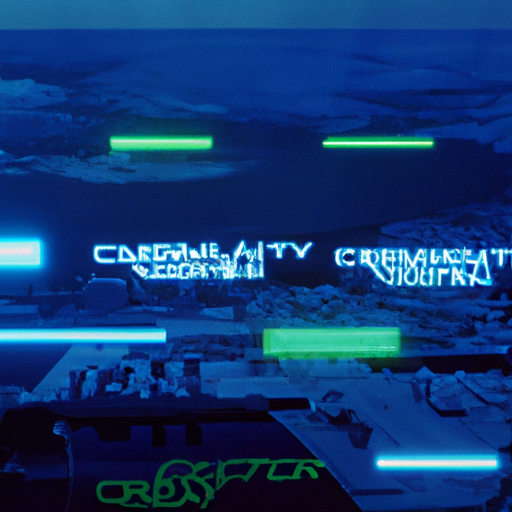Understanding the Digital Battlefield: Civil Wars, Cyber Operations, Espionage, and Cyber Troops

In the 21st century, warfare has evolved beyond the traditional battlefield. Today, conflicts are not only fought with guns and bombs but also with bits and bytes. This article delves into the complex world of digital warfare, exploring the role of cyber operations, espionage, and cyber troops in modern Civil wars. We will examine real-world examples, case studies, and statistics to provide a comprehensive understanding of this emerging field.
The Evolution of Warfare: From Physical to Digital
Warfare has always been a part of human history, but its nature has significantly changed over time. The advent of the internet and digital technologies has given rise to a new form of conflict – cyber warfare. This shift from physical to digital warfare has profound implications for national security, international relations, and human rights.
What is Cyber Warfare?
Cyber warfare refers to the use of digital attacks to disrupt, damage, or gain unauthorized access to computers, networks, and information systems. These attacks can be carried out by state-sponsored actors, terrorist groups, or even individuals with malicious intent. The primary goal of cyber warfare is to compromise the enemy’s capabilities, gather intelligence, or cause economic or physical harm.
Cyber Operations in Civil Wars
As Civil wars have become more prevalent in the 21st century, so too has the use of cyber operations. These operations can take many forms, from hacking into government databases to spreading disinformation on social media. The aim is often to destabilize the enemy, sow discord among their ranks, or manipulate public opinion.
Case Study: The Syrian Civil War
One of the most notable examples of cyber operations in a civil war is the Syrian conflict. Both the Syrian government and rebel groups have used cyber attacks to gain an advantage. The Syrian Electronic Army, a pro-government group, has been particularly active, launching attacks against foreign media outlets and opposition websites.
Espionage and Digital Warfare
espionage has always been a crucial aspect of warfare. However, the digital age has transformed the way intelligence is gathered and used. Cyber espionage involves the use of hacking techniques to steal sensitive information, disrupt critical infrastructure, or manipulate data.
Case Study: The Stuxnet Worm
The Stuxnet worm is a prime example of cyber espionage. This malicious software was reportedly developed by the United States and Israel to sabotage Iran’s nuclear program. The worm targeted specific industrial systems, causing significant damage and delaying Iran’s nuclear development.
The Role of Cyber Troops
cyber troops are specialized units within a military or intelligence agency that conduct cyber operations. These troops are trained in a variety of skills, including hacking, data analysis, and digital forensics. They play a crucial role in both offensive and defensive cyber operations.
Case Study: The United Kingdom’s National Cyber Force
The United Kingdom’s National Cyber Force (NCF) is a prime example of a modern cyber troop unit. The NCF is a joint initiative between the Ministry of Defence and GCHQ, tasked with conducting offensive cyber operations to disrupt hostile state activities, tackle terrorism, and counter cyber threats.
Statistics on Cyber Warfare
The prevalence of cyber warfare is difficult to quantify due to its covert nature. However, several studies and reports provide some insight into the scale of the problem:
- The Global State of Information Security Survey 2018 found that there were 4.2 billion cyber attacks globally in 2017, a 48% increase from the previous year.
- A report by the Center for Strategic and International Studies estimated that cybercrime costs the global economy up to $600 billion annually.
- The 2020 Verizon Data Breach Investigations Report found that 86% of data breaches were financially motivated, while 10% were motivated by espionage.
Conclusion
The digital battlefield is a complex and rapidly evolving landscape. As technology continues to advance, so too will the tactics and techniques used in cyber warfare. Understanding the role of cyber operations, espionage, and cyber troops in modern conflicts is crucial for national security and international stability. As we have seen through various case studies, these digital tools can have a profound impact on the outcome of conflicts, from Civil wars to international disputes.
However, the rise of digital warfare also raises important ethical and legal questions. How should we regulate cyber warfare? What are the implications for privacy and human rights? These are complex issues that require careful consideration and international cooperation. As we move further into the digital age, it is clear that the battlefield is no longer just physical – it is also digital.





